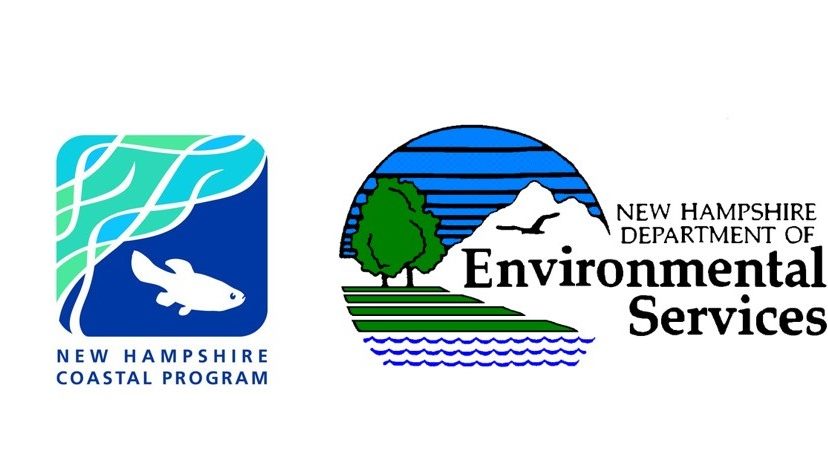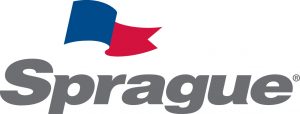We have cleaned beaches with the community since 2001 to reduce litter entering the ocean and protect marine life. Volunteers of all ages tally items as they collect them from the beach, and this data is used to prevent future pollution.
Learn about what litter we find on the beach during cleanups in Maine, New Hampshire, and Massachusetts. Did we clean your favorite beach in 2023?
What is marine litter/debris?
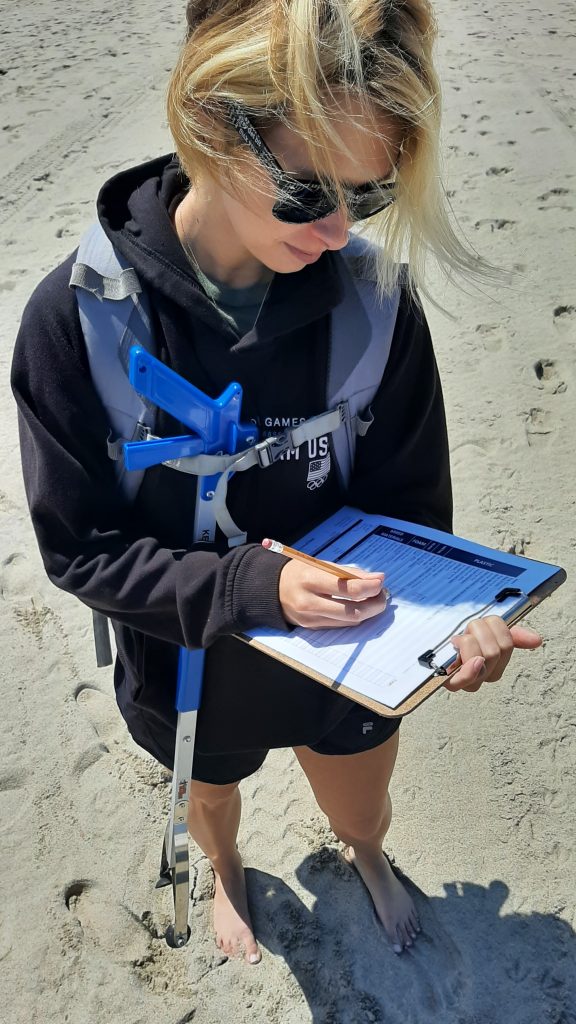
Marine debris, also known as marine litter, refers to the human-made items on a beach or in the ocean that do not belong in nature. These items were “lost” to nature in one of these ways:
- Blown away by the wind from a hand, car, bag, or trash bin
- Left behind on the beach
- Washed into a river or stream, which all lead to the ocean
- Accidentally fell off a boat or shipping vessel
- Washed out of a landfill that does not effectively contain waste
- Illegally dumped into the ocean or another waterway
You will find examples of marine debris items in the Total Cleanup Tally data table below. We tally how many of these items we find during our cleanups so we can better understand marine debris on our beaches and how we can prevent it.
Why is it important?
Litter travels the world through waterways. All rivers and streams eventually lead to the ocean. Once in the ocean, litter travels the world through ocean currents. Marine life comes in contact with litter on shore and in the open ocean, where they can ingest it or become entangled in it.
Marine litter is made up of many different materials, which each break down differently once they land in nature. Paper, metal, and glass are materials that break down into something that belongs in nature. These materials return to nature, and nature’s systems function normally with theses materials present. However, this is not true of plastic. Plastic is a material that does not break down completely in nature, nor does it become something that belongs in nature.
Plastic breaks down into smaller and smaller pieces, which eventually become microscopic. Scientific research shows that the chemical bonds that make up plastic cannot break down, so plastic cannot transform into another material, or biodegrade. These microplastics cycle through nature’s systems. They flow through waterways, are consumed by humans and animals, and move through our food webs. If you’re curious about how long certain materials and objects take to decompose, find some examples in this article.
2023 Cleanup Findings
In 2023, we conducted a total of 348 cleanups at 44 different cleanup sites with the help of 4,145 volunteers! Together, we collected 162,005 debris items weighing over 7,500 pounds!
The Total Cleanup Tally
This is the total number of debris items found from most items to least items! Are you surprised by any of these?
| Cigarette butts/filters | 27,839 |
| Other items not on list | 19,210 |
| Plastic pieces (5mm-2.5cm) | 9,675 |
| Plastic Wrappers | 9,462 |
| Rope scraps (smaller than 1 m/yd.) | 9,440 |
| Plastic pieces (5mm or less) | 9,287 |
| Other unk. plastic (larger than 10 cm) | 8,811 |
| Plastic pieces (2.5cm-10cm) | 7,211 |
| Plastic Bottle caps | 5,520 |
| Film (thin/flexible e.g. straw wrapper) | 3,964 |
| Foam pieces (5mm or less) | 3,869 |
| Foam pieces (5mm-2.5cm) | 3,675 |
| Lobster bands | 3,499 |
| Other metal | 2,731 |
| Glass pieces (5mm-2.5cm) | 2,546 |
| Packing material | 2,534 |
| Zip ties (cable ties) | 2,402 |
| Rope (larger than 1 meter/yard) | 2,300 |
| Foam pieces (2.5cm-10cm) | 2,251 |
| Straws | 2,085 |
| Beverage cans | 2,033 |
| Glass pieces (5mm or less) | 1,737 |
| Other glass | 1,644 |
| Personal hygiene items | 1,642 |
| Traps/pot pieces (Not removed from beach) | 1,450 |
| Plastic food containers | 1,397 |
| Metal Bottle caps | 1,297 |
| Grocery bag | 1,131 |
| Glass pieces (2.5cm-10cm) | 1,122 |
| Plastic beverage bottles | 1,053 |
| Bag (zip-lock, produce, other) | 994 |
| Fishing line | 932 |
| Trash Bag | 822 |
| Glass beverage bottles | 755 |
| Foam cups | 658 |
| Nets (incl. bait bags) | 563 |
| Plastic non-beverage containers/bottles | 545 |
| Foam food containers | 454 |
| Strapping bands (open) | 410 |
| Dog Poop (Bagged) | 337 |
| Floats/Buoys | 326 |
| Balloons (Latex) | 280 |
| Strapping bands (closed) | 225 |
| Dog Poop (Un-Bagged) | 224 |
| Balloons (Mylar) | 149 |
| Hooksett disks | 72 |
| Syringes | 57 |
Single-Use Plastics
Single-use plastics amount to about 70,000 of the items collected from the beach in 2023. They make up 45% of litter items collected.
What can you do about it?
- Eliminating unnecessary plastics from your lifestyle will reduce your contributions to marine litter. What reusable, non-plastic, or thrifted items could you use to replace the single-use items in your life? Choose one item at a time, and try to find a replacement that fits your lifestyle.
- A source of marine litter is trash lost to the environment from our trash bins at home, particularly during windy, rainy storms and from landfills. Using trash and recycle bins with secure lids is another way to reduce the amount of marine litter in the ocean.
- Join a Cleanup Now
New Hampshire Cleanups
Through 283 cleanups conducted in New Hampshire, we collected about 134,100 items weighing over 6,000 pounds. Check out the sites we cleaned below.
Our four most-cleaned beaches were Hampton Beach, Foss Beach, Jenness Beach, and Peirce Island.
| NH Beach | Cleanup Count | Adult Volunteers | Children Volunteers | Number of Debris Items | Total Pounds |
| Hampton Beach | 92 | 1,019 | 431 | 68,835 | 1,154 |
| Foss Beach | 32 | 261 | 28 | 12,849 | 1,213 |
| Jenness Beach | 20 | 251 | 22 | 7,609 | 326 |
| Pierce Island | 20 | 199 | 30 | 9,066 | 4,28 |
| Odiorne Point State Park | 17 | 210 | 31 | 9,167 | 568 |
Top Litter Items Collected in New Hampshire
| NH Top 10 | Count | |
| 1 | Cigarette butts/filters | 22,630 |
| 2 | Other items not on list | 16,480 |
| 3 | Rope scraps (smaller than 1yd) | 8,267 |
| 4 | Plastic pieces (5mm – 2.5cm) | 8,099 |
| 5 | Wrappers | 7,800 |
| 6 | Plastic pieces (5mm or less) | 7,539 |
| 7 | Other unknown plastic (larger than 10cm) | 7,320 |
| 8 | Plastic pieces (2.5 cm-10cm) | 5,249 |
| 9 | Plastic bottle caps | 4,499 |
| 10 | Foam pieces (5mm or less) | 3,339 |
Maine Cleanups
We conducted 50 cleanups in Maine with the help of 563 at 14 different sites. We removed 20,605 pieces of debris weighing 1,326.9 pounds!
Maine Sites Cleaned
Long Sands Beach and East End Beach were the most-cleaned beaches in Maine.
Looking to protect marine ecosystems in Maine? We are looking for folks to adopt beaches in Maine in 2023!
Top Litter Items Collected in Maine
| ME Top 10 | Count | |
| 1 | Cigarette butts/filters | 4,505 |
| 2 | Other items not on list | 2,028 |
| 3 | Other unknown plastic (larger than 10cm) | 1,419 |
| 4 | Plastic wrappers | 1,206 |
| 5 | Plastic pieces (5mm-2.5cm) | 1,135 |
| 6 | Plastic pieces (2.5cm-10cm) | 1,078 |
| 7 | Plastic pieces (5mm or less) | 981 |
| 8 | Foam pieces (5mm-2.5cm) | 970 |
| 9 | Rope scraps (smaller than 1 yd) | 862 |
| 10 | Foam pieces (2.5cm-10cm) | 622 |
Massachusetts Cleanups
We conducted 20 cleanups in Massachusetts with the help of 107 volunteers at 5 different sites. We removed 7,268 pieces of debris weighing 245.2 pounds!
Massachusetts Sites Cleaned
Top Litter Items Collected in Massachusetts
| MA Top 10 | Count | |
| 1 | Plastic pieces (2.5cm-10cm) | 881 |
| 2 | Other items not on list | 702 |
| 3 | Cigarette butts/filters | 685 |
| 4 | Other unknown plastic (larger than 10cm) | 592 |
| 5 | Plastic bottle caps | 550 |
| 6 | Plastic wrappers | 457 |
| 7 | Plastic pieces (5mm-2.5cm) | 439 |
| 8 | Plastic pieces (5mm or less) | 326 |
| 9 | Rope scraps (smaller than 1yd) | 307 |
| 10 | Foam pieces (5mm-2.5cm) | 258 |
This data is intended for educational purposes only. Raw data is available upon request.
Connect with us
- Join a public cleanup
- Book a private cleanup for your school, team, club, etc.
- Adopt a beach: volunteer to protect marine life year-round
- Contact programs@blueoceansociety with questions and to learn more about opportunities for cleanup sponsorship and collaboration
Thank you to our dedicated volunteers for their commitment to clean beaches and healthy marine ecosystems.
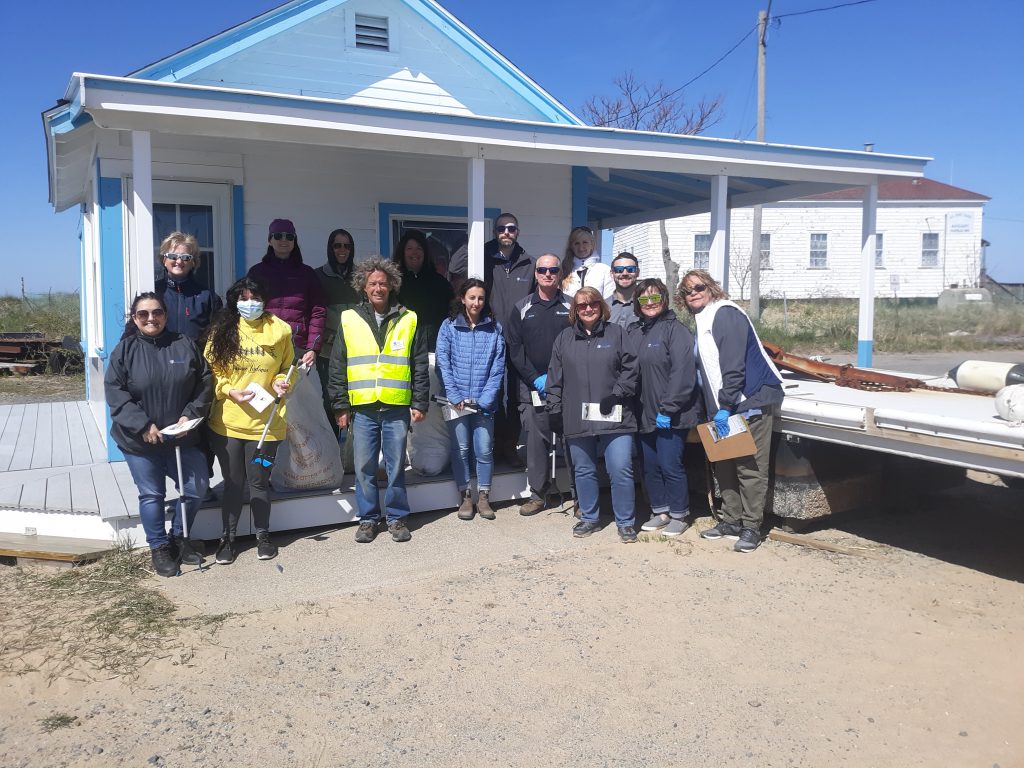
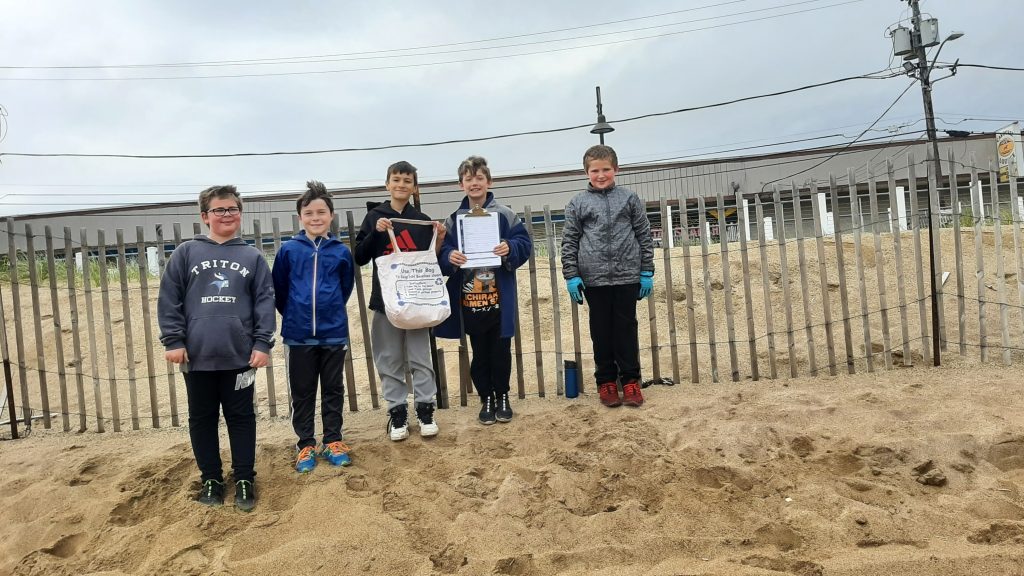
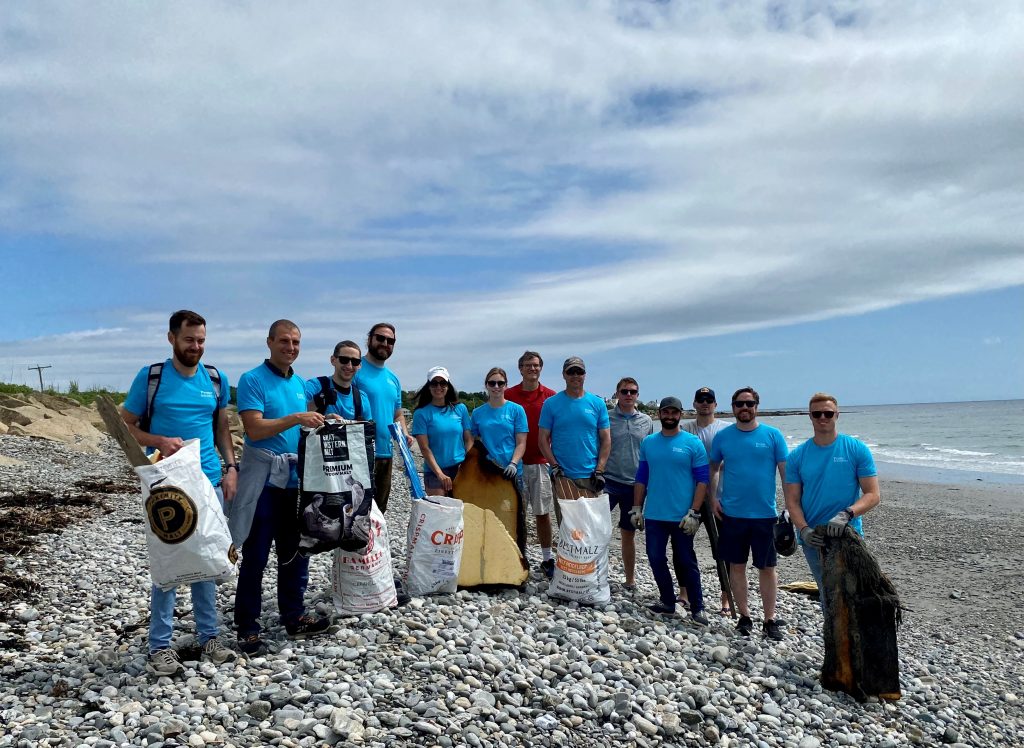
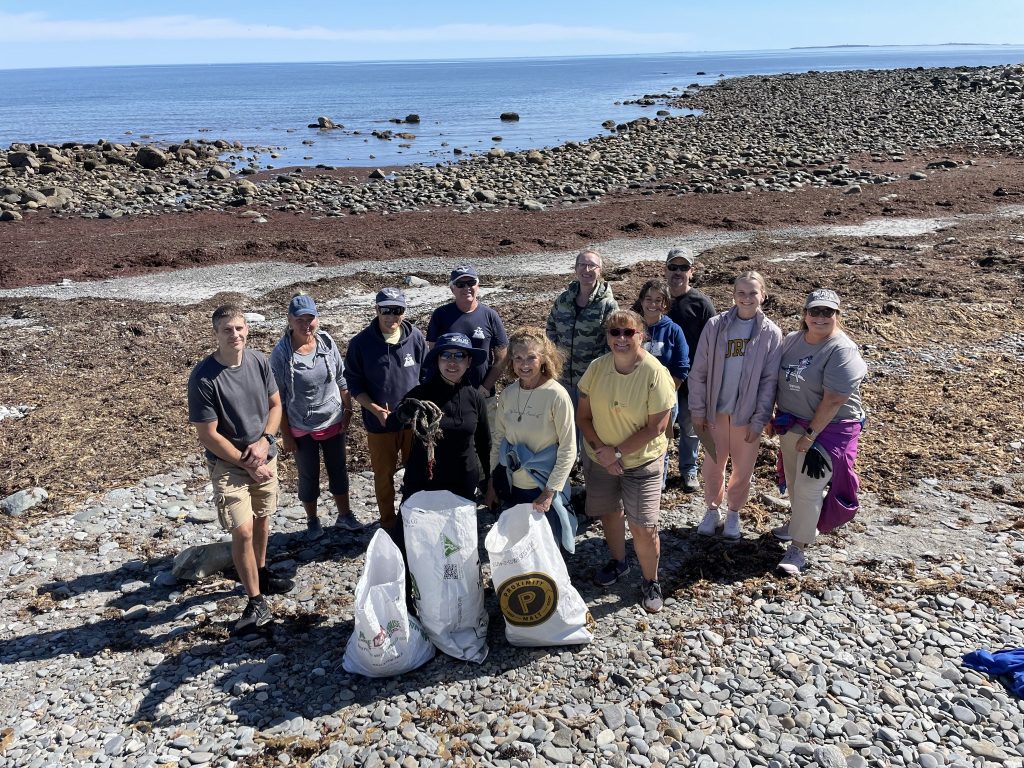
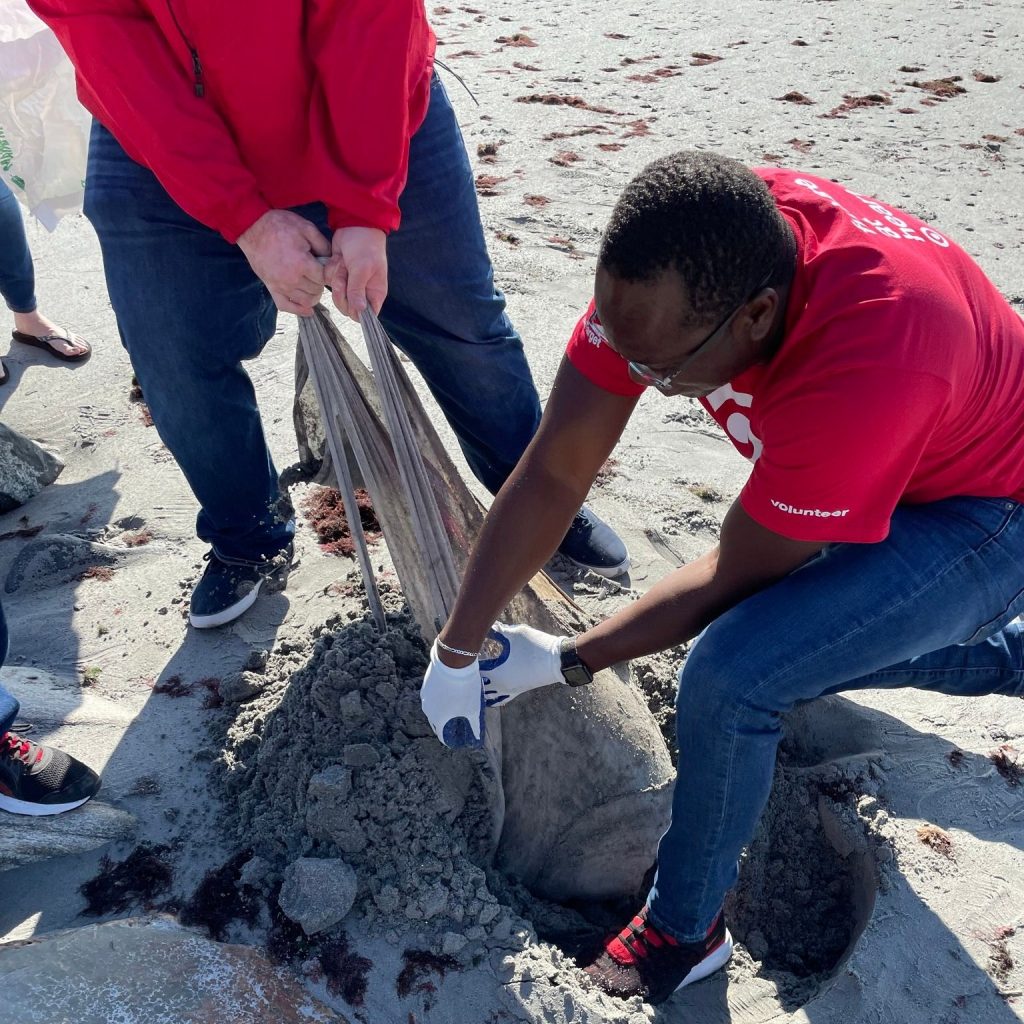
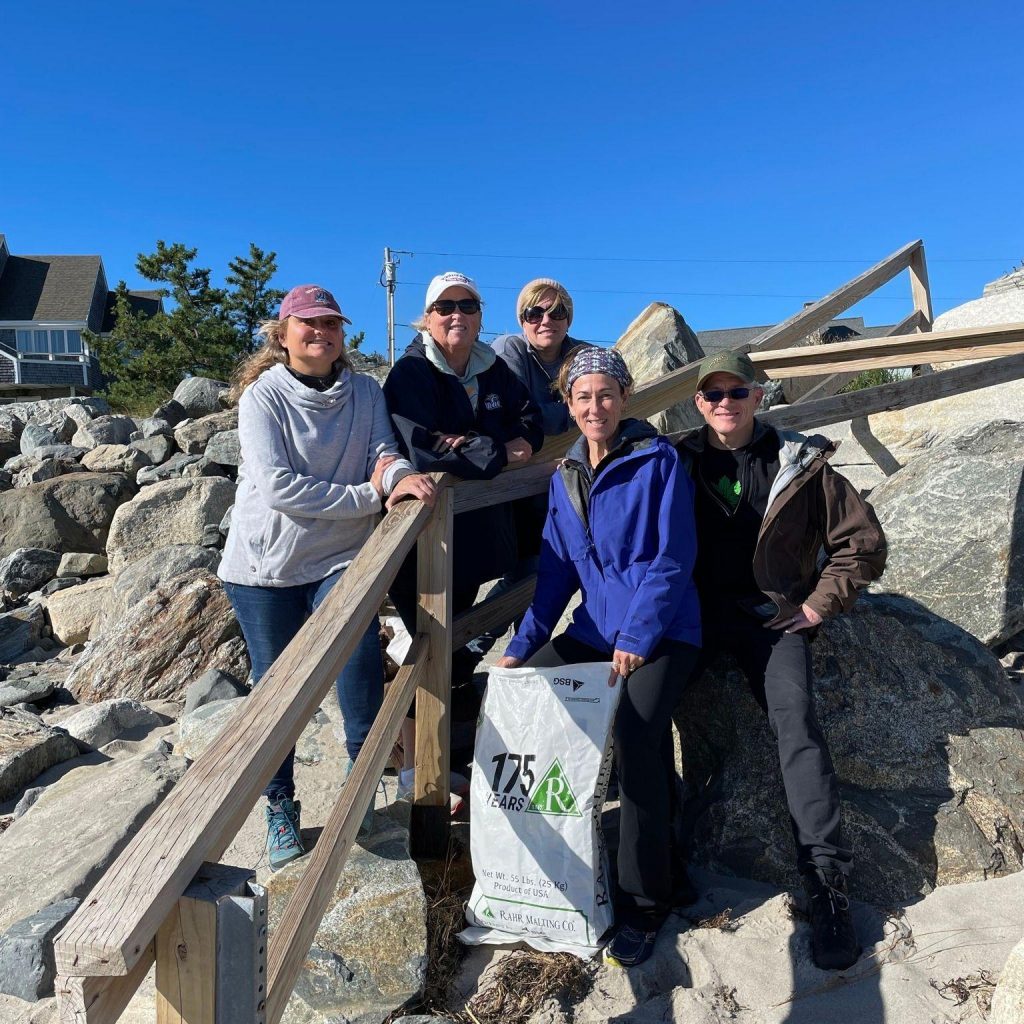
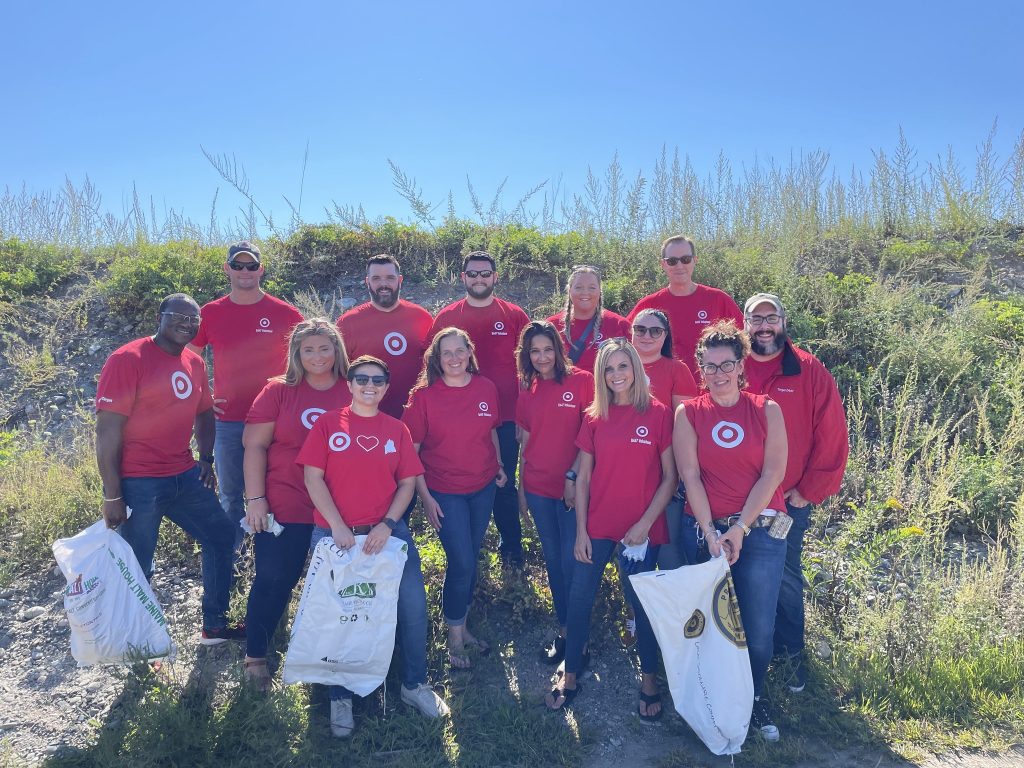
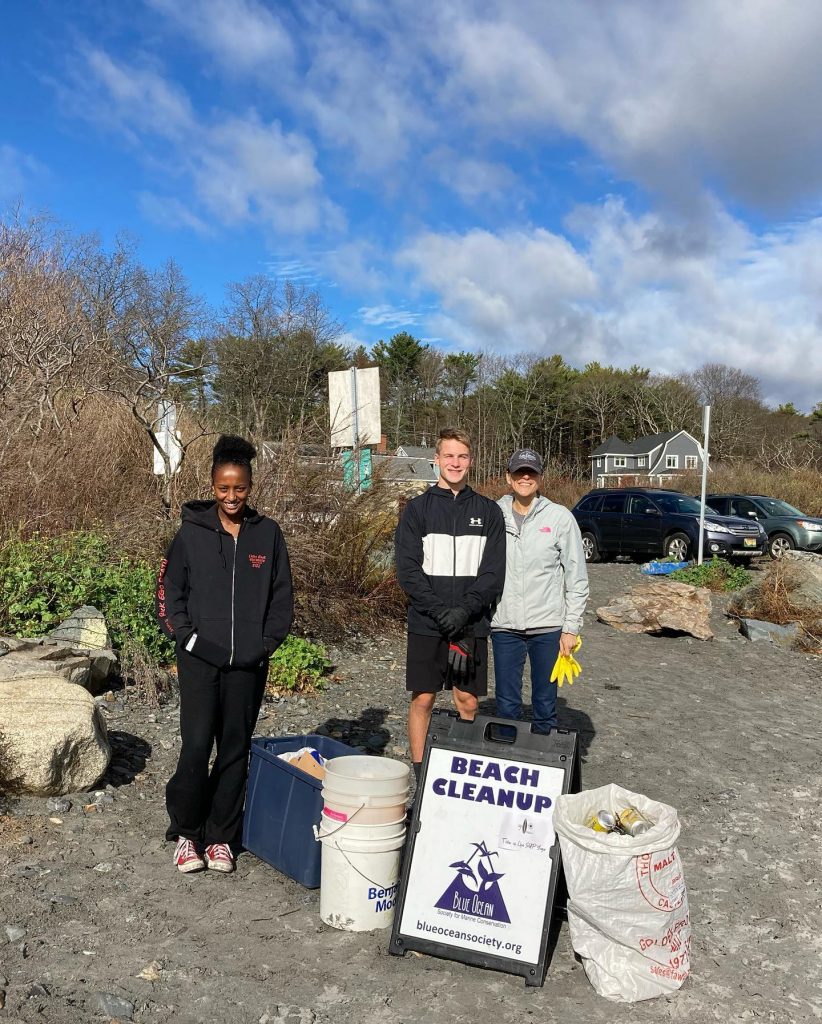
We would like to thank these agencies and sponsors for their continued support of this cleanup and marine debris monitoring program.
